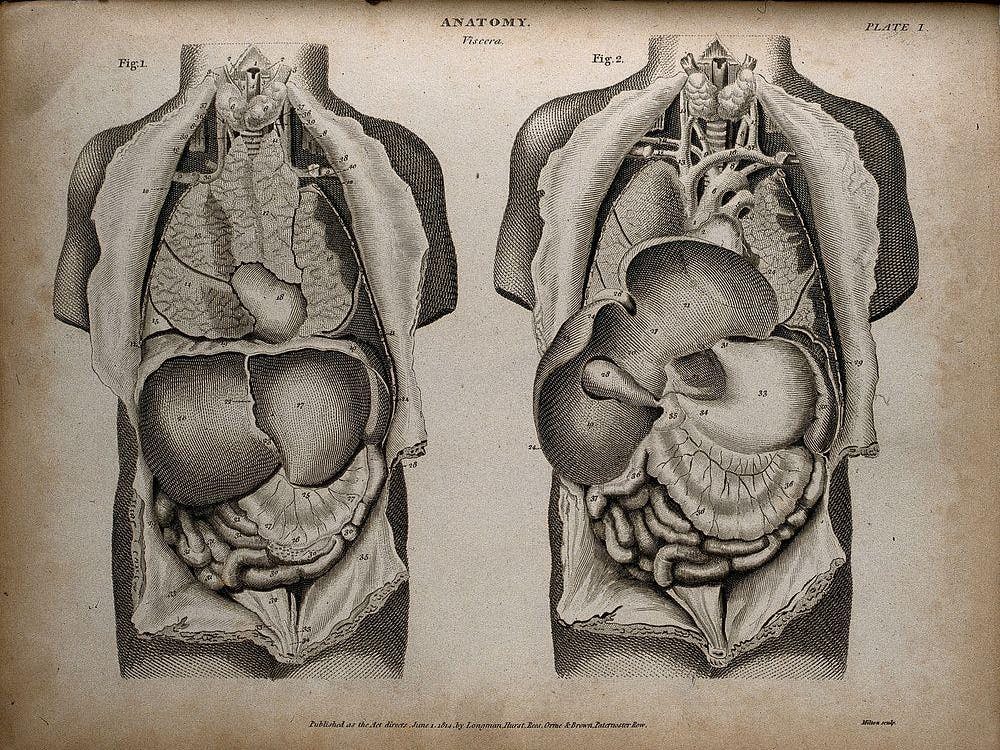University officials oppose a provision in the House Republican tax bill which would impose a federal tax on private university endowments larger than $250,000 per student.
The bill, unveiled Nov. 2, specifically calls for a tax of “1.4 percent of the net investment income of [each applicable institution] for the taxable year.”
“We are strongly opposed to this provision and are in the process of letting Congress know of our deep concerns,” said Director of Government Affairs Joyce A. Rechtschaffen ’75 in an email.
Endowments are currently tax-exempt and are subject to few financial regulations. The government sees fit to make these endowments tax-exempt because of the ostensible public good they are providing, since they are considered part of a university's educational and charitable mission.
“This proposal would overturn that time-tested policy solely to add revenues to the federal treasury,” Vice President and Secretary of the University Bob Durkee ’69 said in a New York Times article.
Assistant Vice President for Communications Daniel Day said in an email that the measure could open the door to the taxation of public charities, as the bill would signal the government’s ability to tax institutions pursuing charitable missions, according to a University statement.
The University relies on the endowment for over half of its annual operating budget, according to Day, who also expressed concerns that the tax would impact its priority initiatives.
Both Day and Rechtschaffen noted that the University is currently no-cost for students whose families have an annual income of $60,000 and under.

Even for students who receive no financial aid, however, the endowment is important in lowering costs.
“Endowment earnings help pay for academic programs and student services, for libraries and laboratories,” Rechtschaffen wrote in an email.
“Any expense the endowment covers is a cost that does not need to be charged to students — even to students who pay full tuition,” Day added in an email.
An amendment approved on Monday, Nov. 6 narrowed the original scope of the tax from endowments valued at $100,000 per full-time student to $250,000. The bill’s provision would increase federal revenue by $3 billion between 2018 to 2027, according to the joint committee on taxation.

The University’s current endowment — the largest in the country on a per-student basis — stands at $23.8 billion. It earned a 12.5 percent investment gain in the fiscal year over this past June. According to a Washington Post article, roughly 60 to 70 colleges — including the University — would be affected by the tax. The University joins a wave of other elite colleges that have criticized the bill, including Cornell and the University of Southern California.







